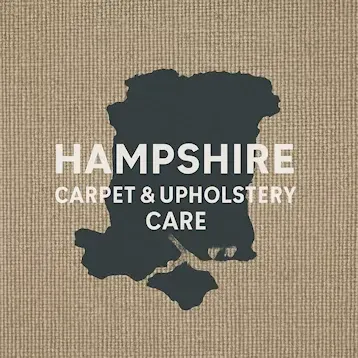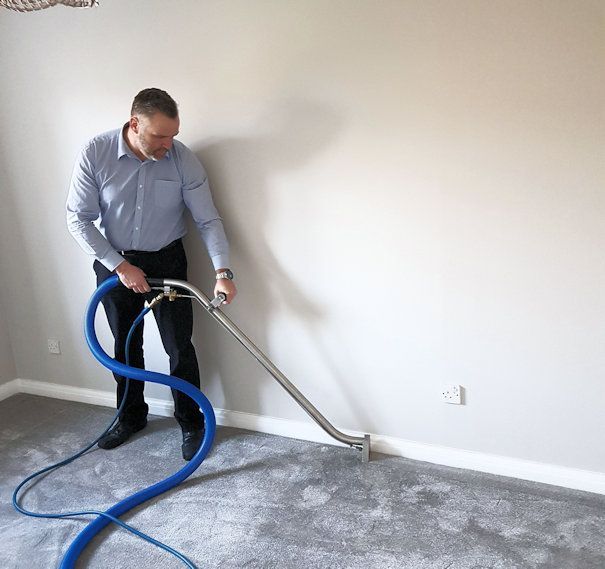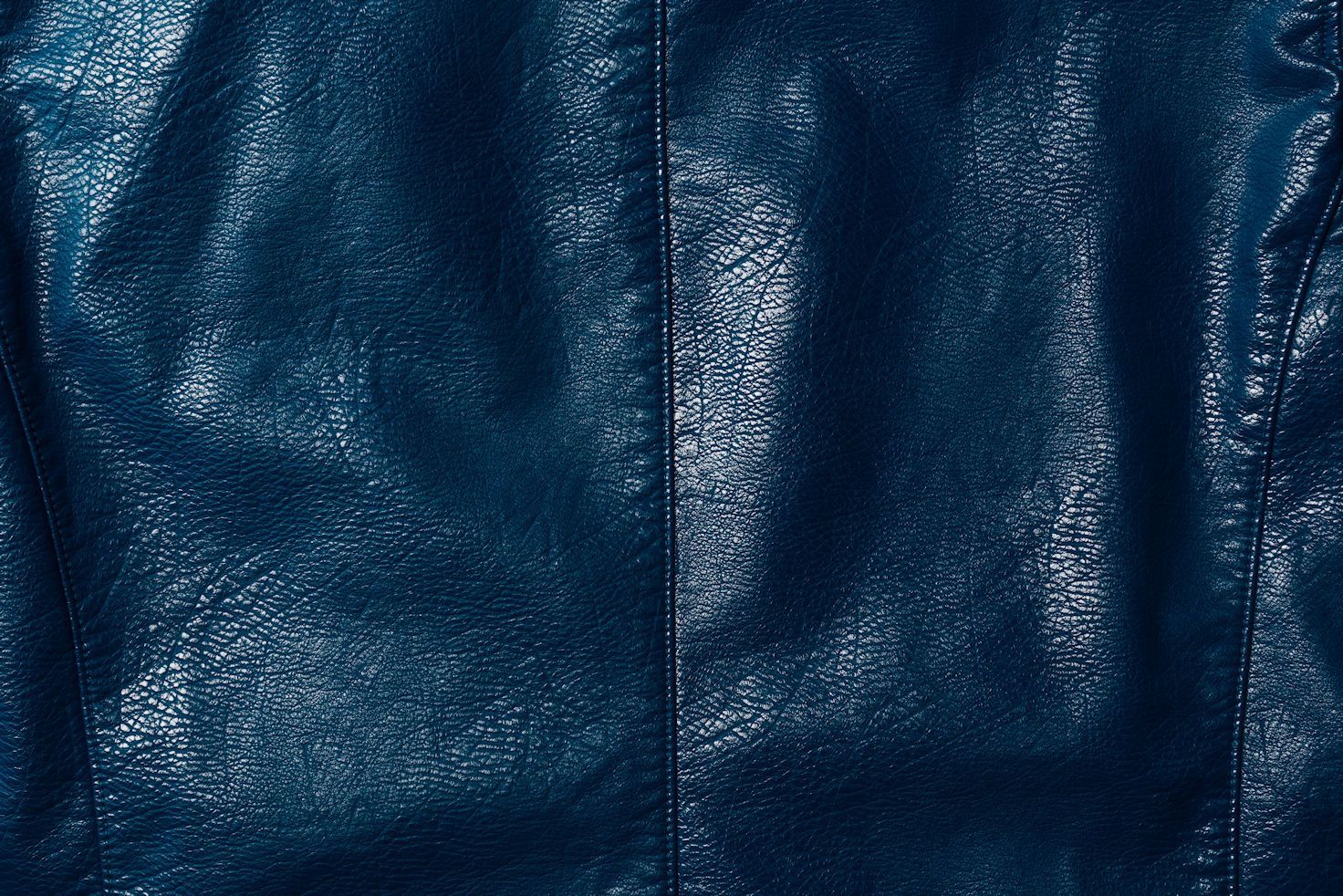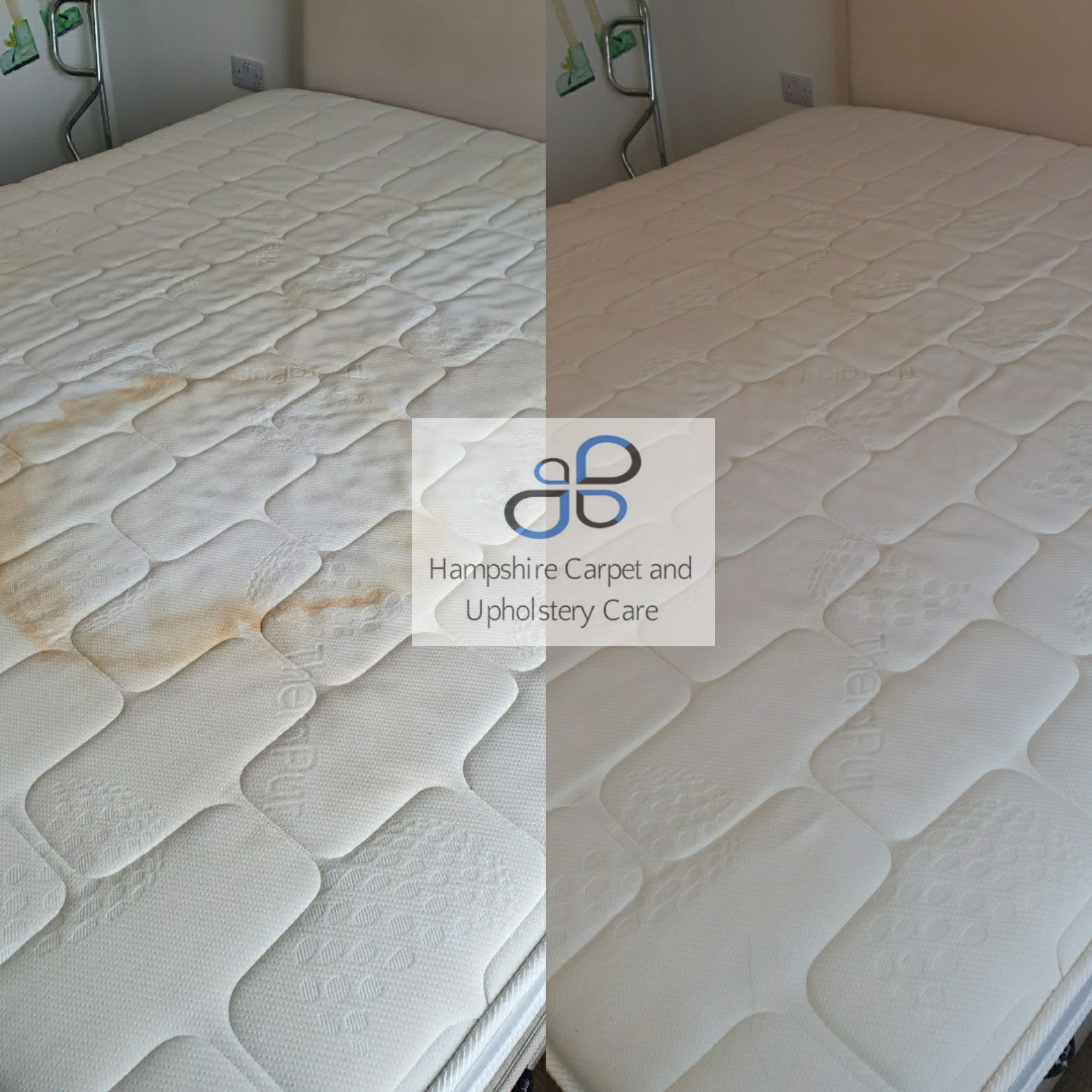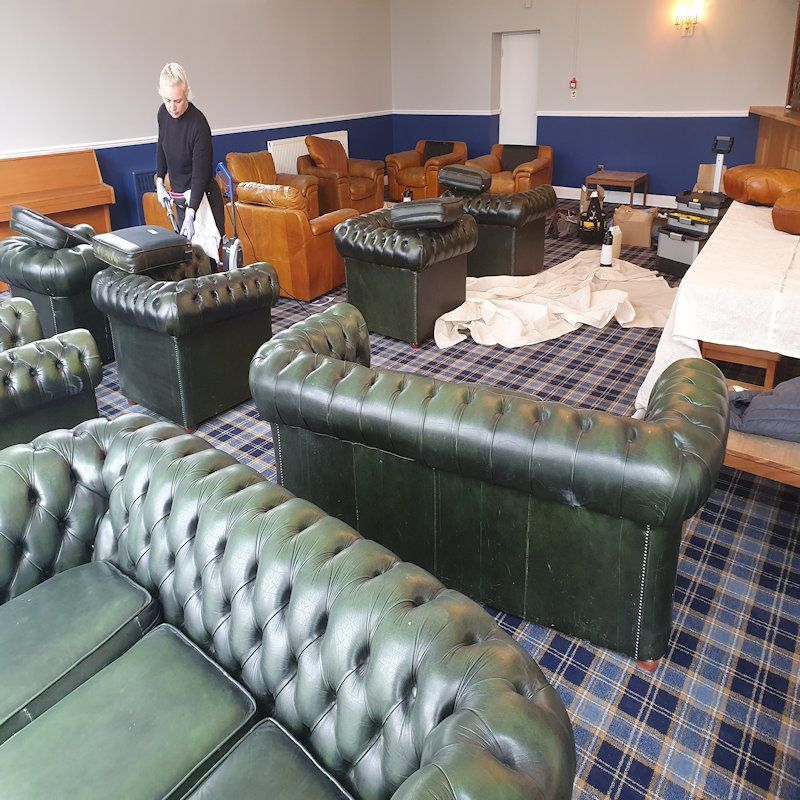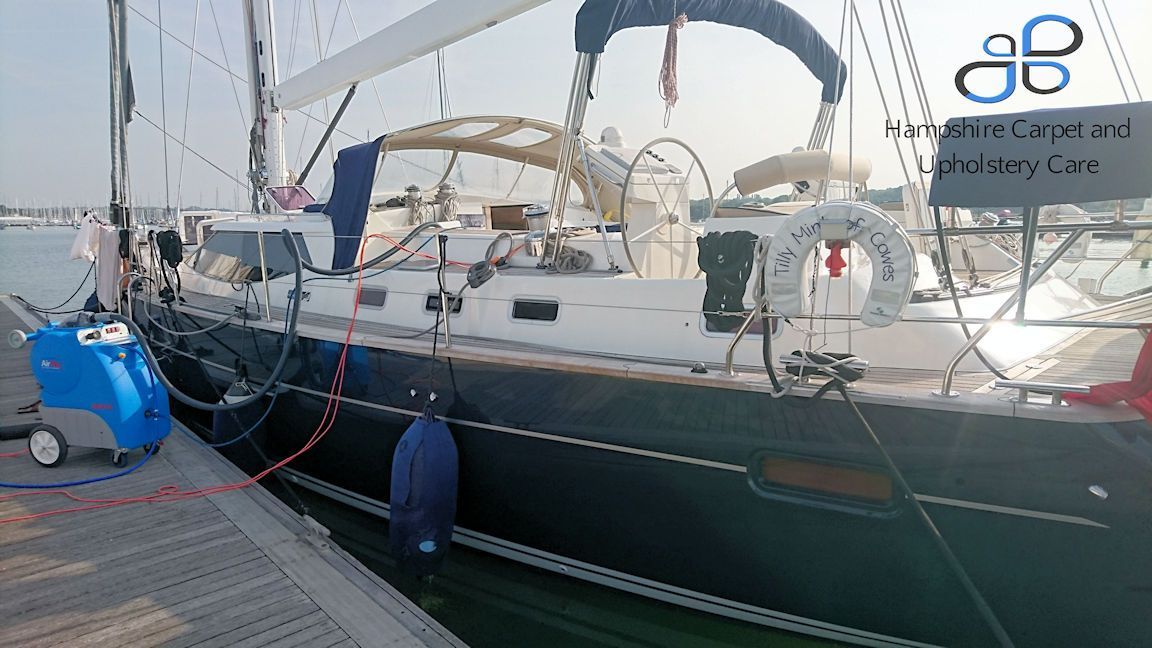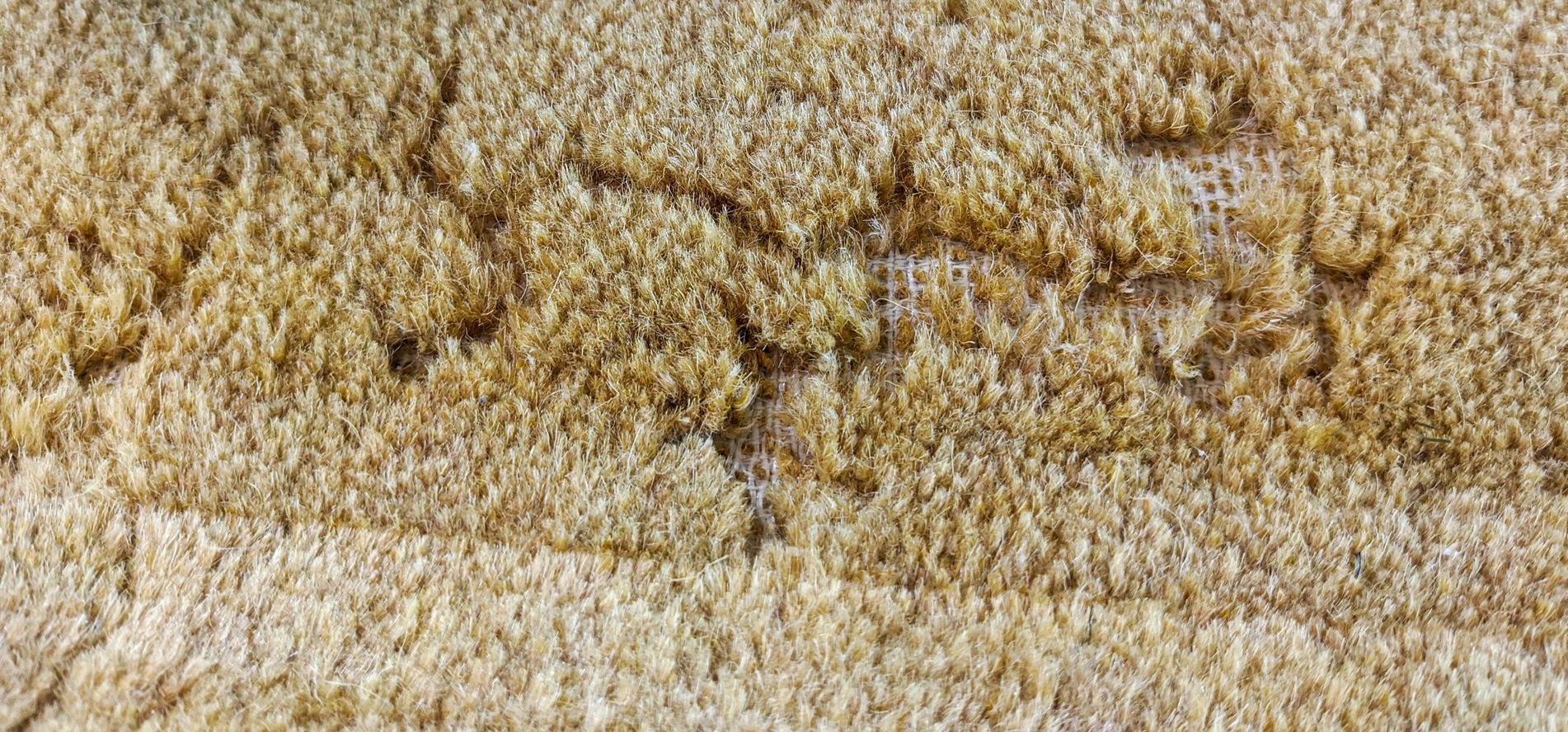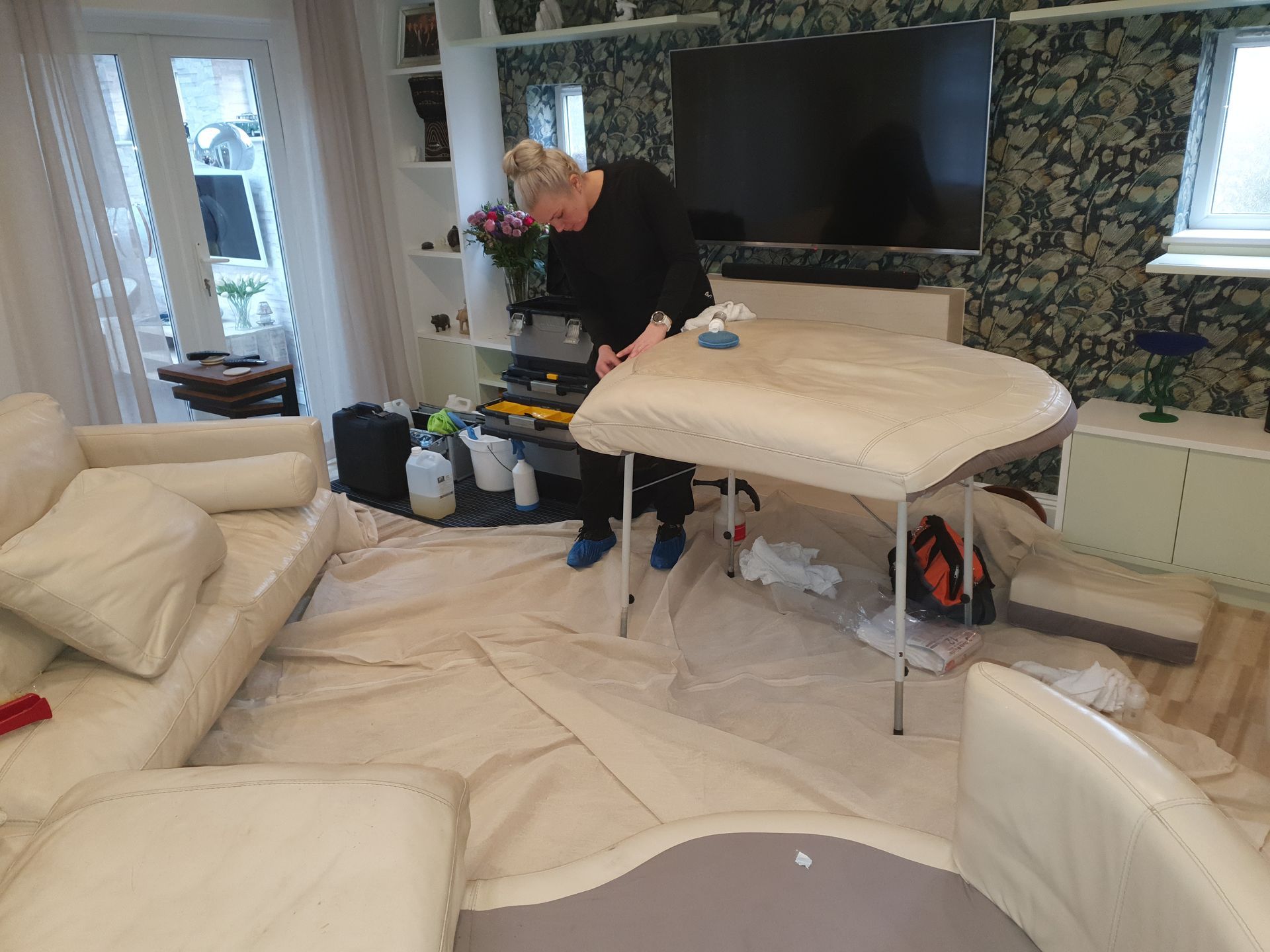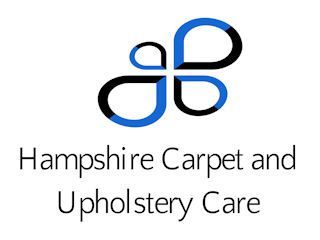Fogging: The War on Coronavirus
April 27, 2020
How Fogging is now winning the war on coronavirus in residential and commercial properties in Hampshire
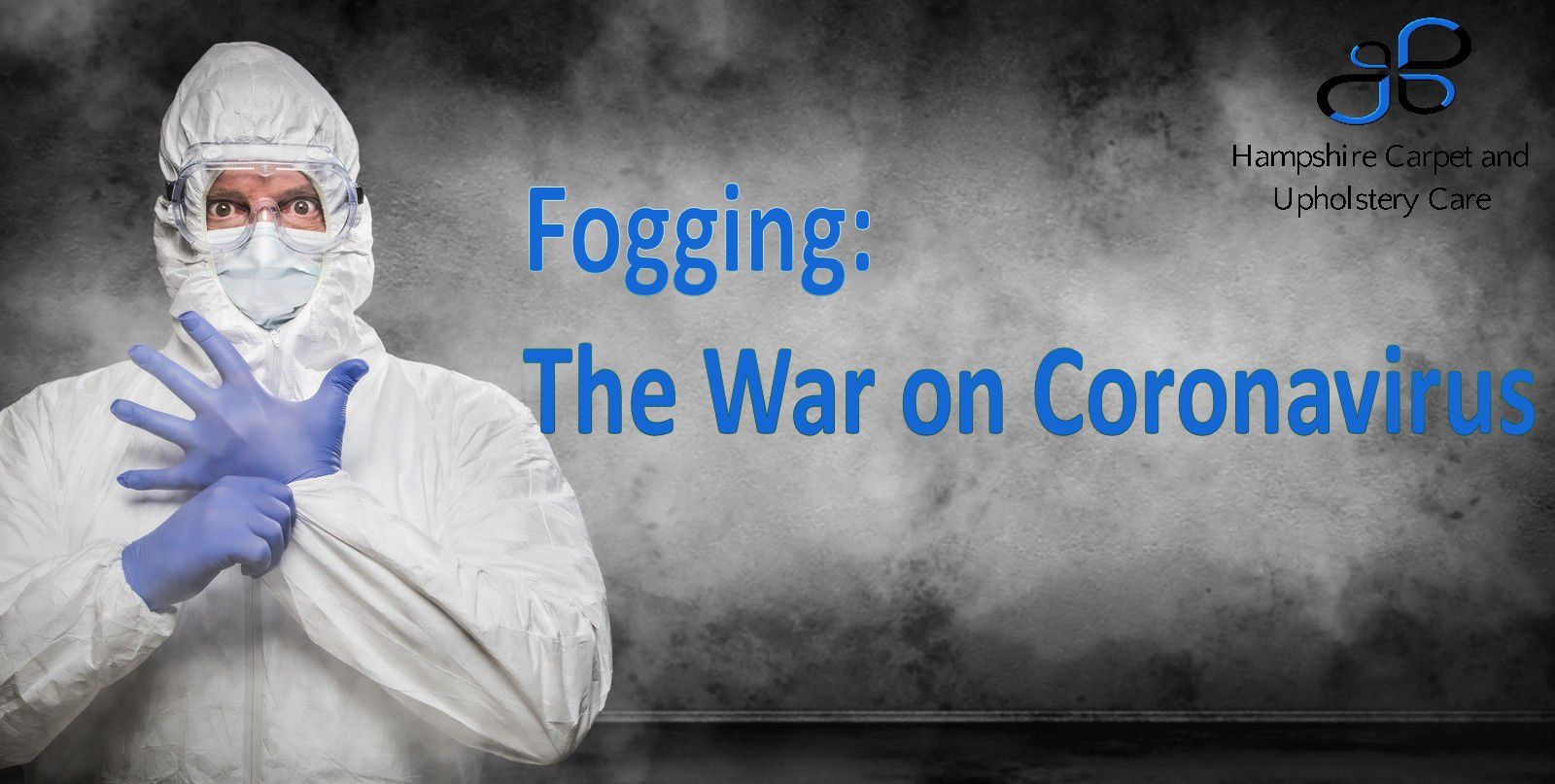
The cleaning industry is at war with Coronavirus and how to effectively sanitise residential premises and business premises such as shops, restaurants, pubs, nursing homes, offices etc. This blog looks at fogging as an effective technique to sanitise premises for decontamination and prevention.
Bio-Fogging and Chemical Fogging have been around for a long time for deodorising and sanitising interior spaces. The current war on coronavirus has pushed fogging into the mainstream and is now recognised as the best way of decontaminating and help prevent the spread of coronavirus. Bio-Fogging has come along way, now using antimicrobials which are safe and effective compared to historically, using various chemicals including formaldehyde, phenol-based agents and compounds of ammonium. Many of these were toxic and were not tested properly having potential effects on human health.
So what is fogging? For our purposes we use ULV foggers which produce a fine mist with droplet size measured in microns, the biocide particles in the mist or fog are so small that they remain suspended in the air long enough to kill airborne viruses and bacteria and create a film over surfaces. Many modern antimicrobials also have a residual factor, meaning once dry the antimicrobial will keep working effectively creating nanoscopic spikes which are harmless to humans and animals but destructive to the envelope of the virus by piercing it and making the virus unable to work properly and die off. Other forms of fogging include dry fogging which fills the room with smoke however, these require heat which make the antimicrobial ineffective, this type of fog is common in discotheques.
Is fogging enough? For effective infection control ‘Cleaning and disinfection of contaminated surfaces are one of the frequently implemented measures to control transmission of pathogens in indoor environments’ ( https://aem.asm.org/content/78/21/7769
). Thus you must clean first then disinfect, the IICRC Say 'Regardless of what chemicals may be able to destroy the Novel Coronavirus, most efficacy tests are done in clinical environments and not tested “in field” meaning that the real world application and efficacy may not achieve the same results. As such, it is critical to remember that most antimicrobial products (disinfectants) are not going to achieve the desired results when applied to soiled surfaces, soft furnishings, etc. Even surfaces that appear visibly clean must be cleaned thoroughly prior to application of chemicals. The fact is that proper cleaning of surfaces is much like washing of hands and offers more protection than application of hand sanitiser as it actually removes the contamination rather than trying to “kill” or destroy it.' Many recent start up Coronavirus fogging companies do not clean first thus, is there fogging only service really effective? According to the British Institute Cleaning Science ‘firstly the contamination must be removed (cleaned) and the disinfected (fogged) ( https://www.bics.org.uk/wp-content/uploads/2020/04/Infection-Control-Awareness2.pdf
).
Fogging however could be ineffective if the following procedures are not carried out; ‘Preparation of the product should be according to manufacturer’s instructions, always adding chemical to water. This minimises the risk of contact with undiluted chemical and excess foam being created. The correct level of water in the container is key to the dilution being accurate’ and ‘Disinfect the total area of the contamination following the manufacturer’s instructions to ensure sufficient contact time’ ( https://www.bics.org.uk/wp-content/uploads/2020/04/Infection-Control-Awareness2.pdf
). If neither or just one of these procedures are not carried out the effectiveness against coronavirus would be nil. Hampshire Carpet and Upholstery Care use a QAC test to ensure the correct ppm level has been reached, this is then recorded to showing the correct level of antimicrobial has been administered.
When choosing a service to deal with coronavirus decontamination, prevention and disinfecting service it is important more than ever to choose the right company. Some simple checks are; are they accredited to any trade bodies, are they insured, does there website only show a mobile number (no business landline or address), how long have they been trading, are they trained and do they evidence this? Hampshire Carpet and Upholstery Care have experience in infection control and have updated their training, see here.
We are also Trading Standards Approved, Members of the National Carpet Cleaning Association and work to International: Institute of Inspection, Cleaning and Restoration Certification standards. Our sanitising service
antimicrobial Is certified to be effective against all enveloped viruses (EN 14476:2013 + A2:2019 Annex A*) including all coronaviruses and SARS-CoV-2 meaning with our professional training combined with proof tests carried out onsite, we can certify your premises have been effectively disinfected against coronavirus.
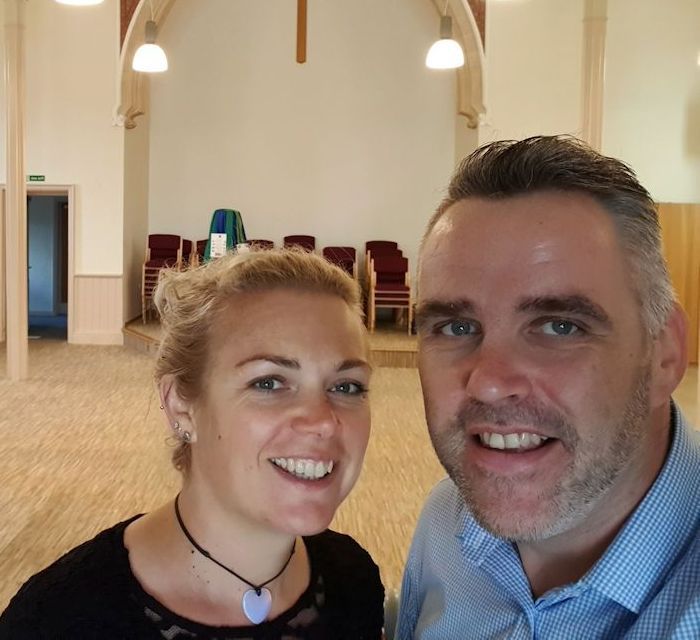
Discover the Heartfelt Care Behind Hampshire's Family-Run Carpet Cleaning Services based in Fareham!
By Richard Lee-Costello
•
September 12, 2025
Expert Carpet & Upholstery Cleaning in Fareham and Across Hampshire with a Personal Touch
